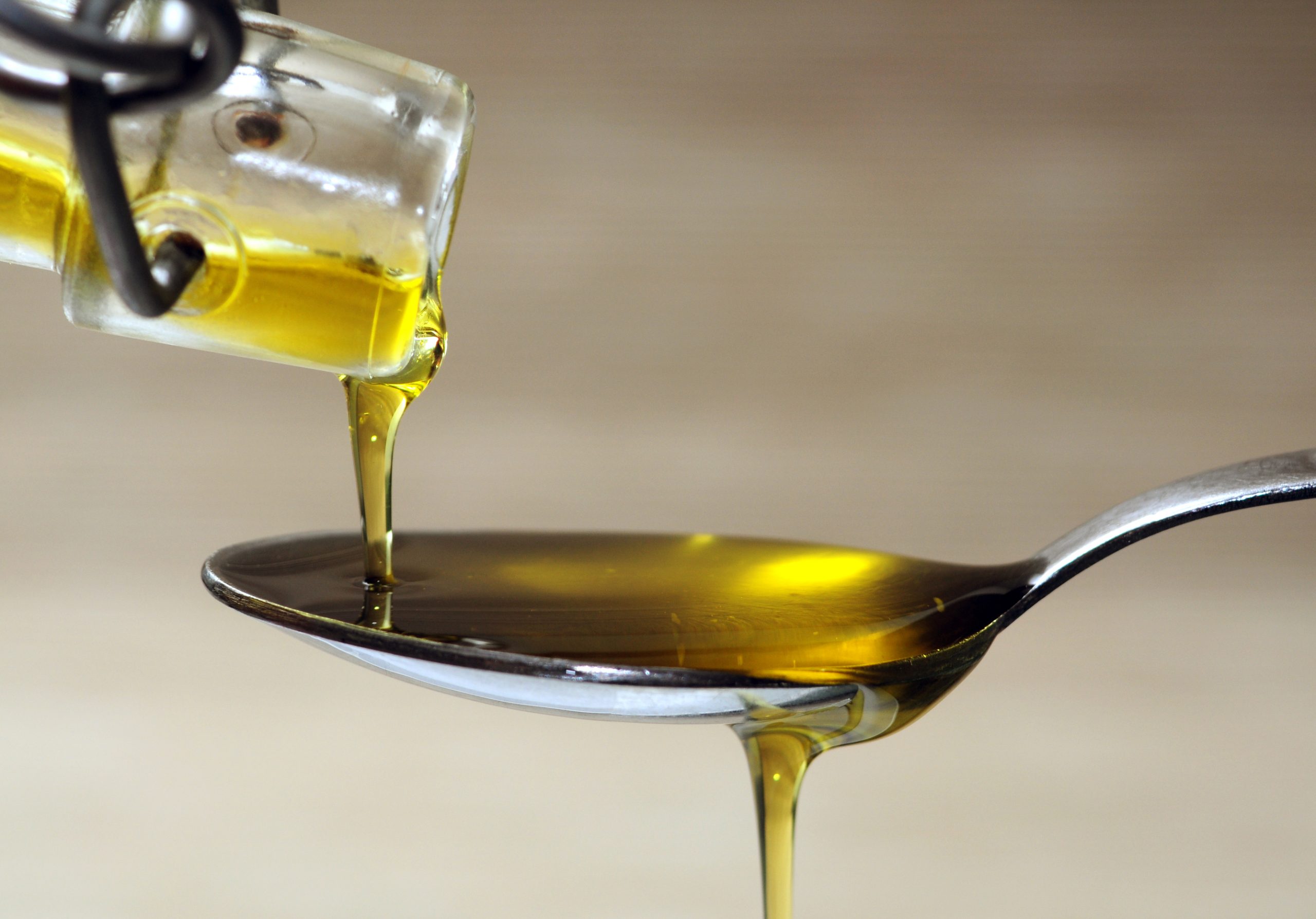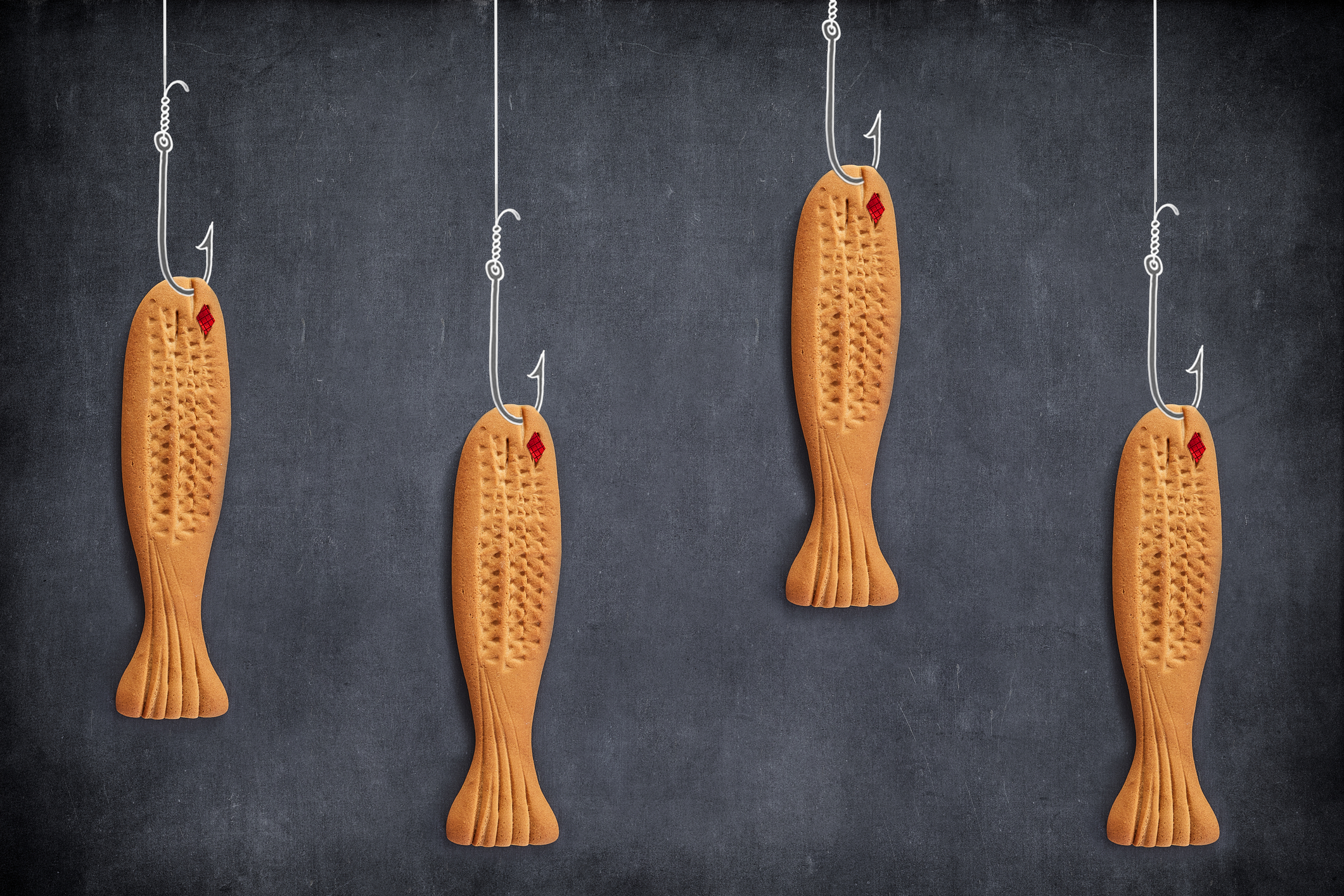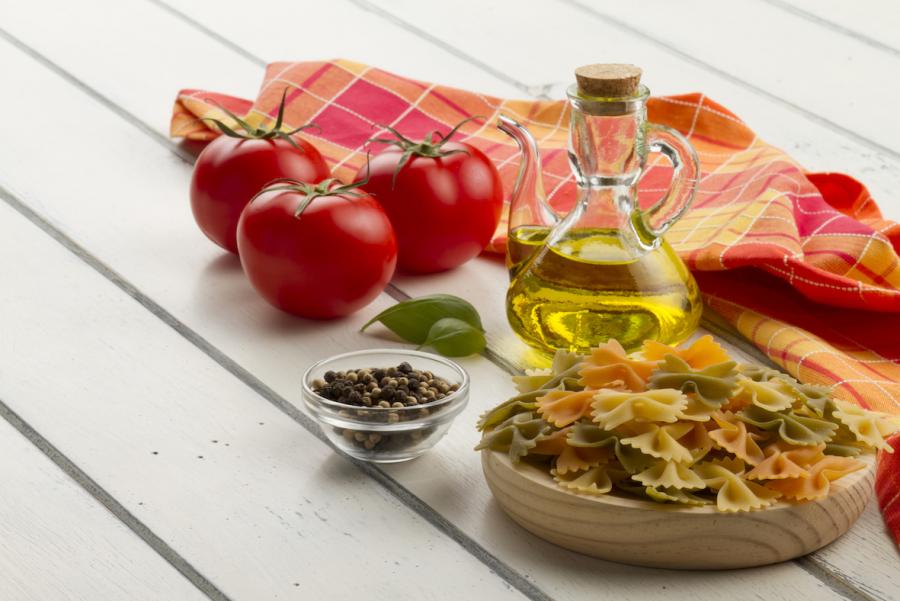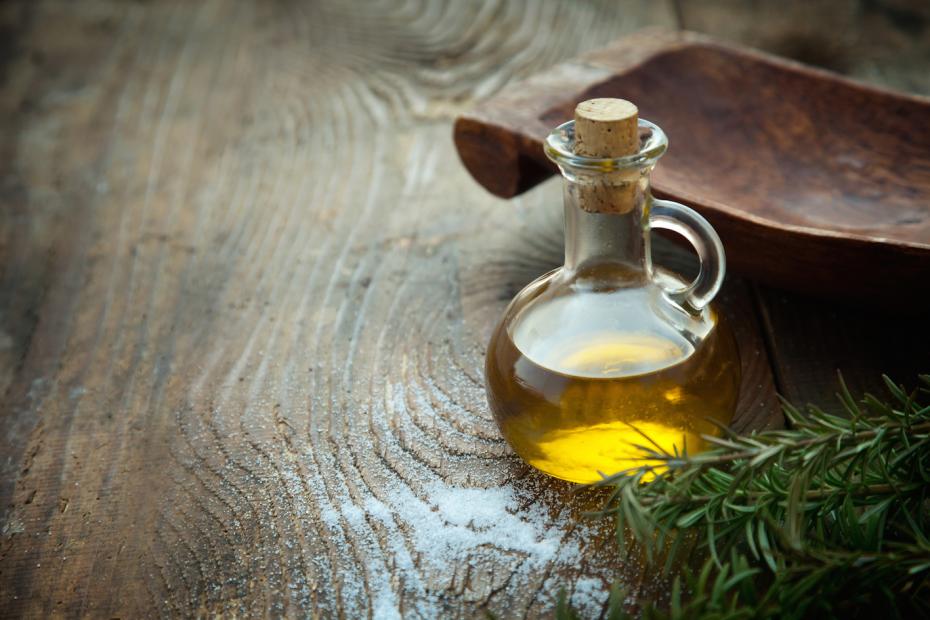As a boy, olives were one of my favorite things. I especially loved black olives. I’d eat them at holidays, but I’d also have them for snacks. I loved black olives in the can mostly, but also loved those little green olives stuffed with little red sweet jewels of pepper. Then there were the special olives we’d get at the Italian deli–the wrinkled looking salty gems. Once in my awkward years of puberty when I had gained a bit too much weight, I fasted for two weeks doing yoga at the beach and eating nothing but black olives. It’s no wonder they kept me alive (and allowed me to lose 22 pounds in 2 weeks)… they contain all the basics of life: fat (monounsaturated, the healthy stuff), sugars, protein, many vitamins and all sorts of minerals. Still today, olives are an important part of our pantry… we love them on pizza… of course, the pizza is also drizzled with some Extra Virgin Olive Oil…
Growing up in an Italian household, olive oil was King. Mom used it in her “Sunday Gravy”, to fry meatballs and chicken, in salads… Dad fried his peppers and brains and liver in it. I can’t remember a time when our kitchen pantry didn’t have at least a few large, beautifully decorated rectangular cans of imported olive oil sitting inside the bottom cupboard.
Olives have a very long domesticated history going back over 6000 years. Humans didn’t start to make olive oil until only 2500 years BC… it took about 1500 years for Man to figure out that pressing olives produced the nectar of the Gods–Olive Oil. The olive tree first was cultivated in the Middle East. From Greece it went to Spain in the 4th Century B.C. It was introduced to France around 650 B.C. and finally found its way to Italy around 550 B.C.
During the Renaissance, Italy became the largest producer of olive oil in the world, renowned for its rich and flavorful oils that graced the tables of nobles and royalty throughout Europe. In this same period, olive trees were brought to the new world, where the trees flourished in the California mild weather–a climate very similar to that of the Mediterranean.
Early in history, olive oil was used for much more than cooking: lamp fuel, lubricant, to keep the body warm, perfumes, pharmaceutical ointments, anointing royalty and warriors, as a cleansing agent for the body and as a medium for long term food storage. Modern Palmolive soap was originally made from olive oil… it’s even in the name! PalmOLIVE.
Cooking with olive oil began in the 5th century BC as talked about by Plato. Plato even taught his students under the canopy of an olive tree. The Roman historian Pliny wrote, “Except the vine, there is no plant which bears a fruit of as great importance as the olive.” The Greek philosopher Democritus believed a diet of honey and olive oil would allow a man to live 100 years. Currently, the second oldest person in the world is Italian.






























